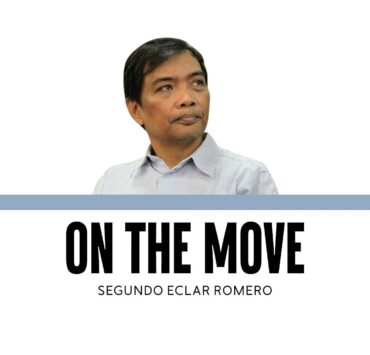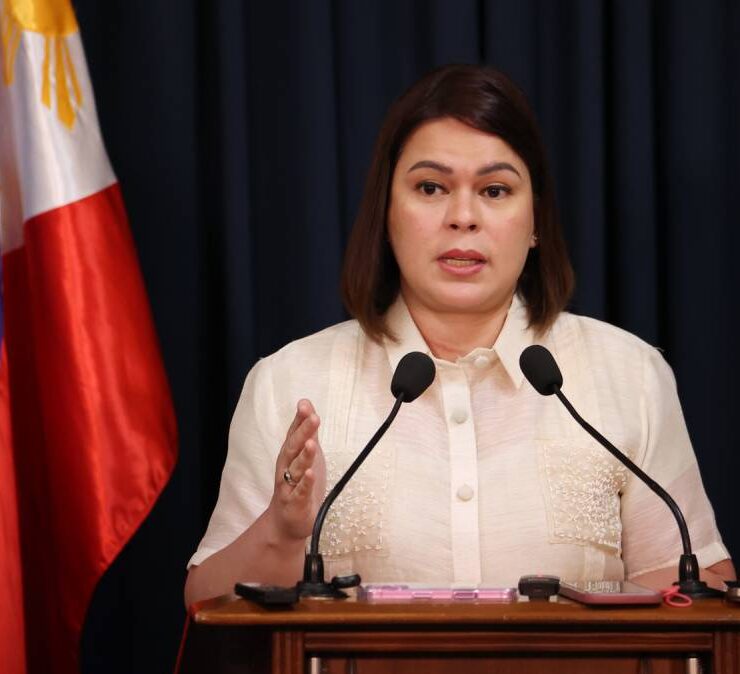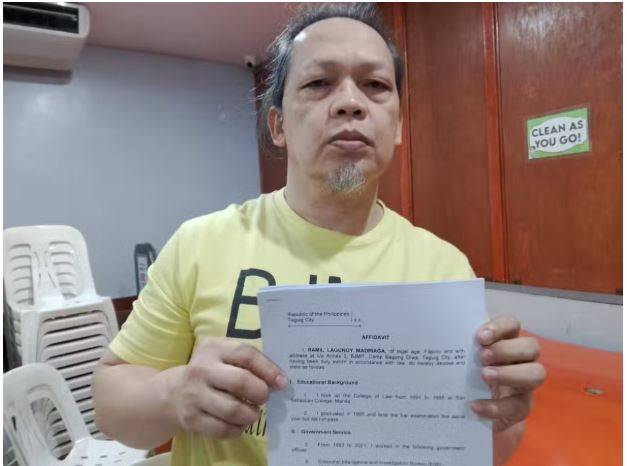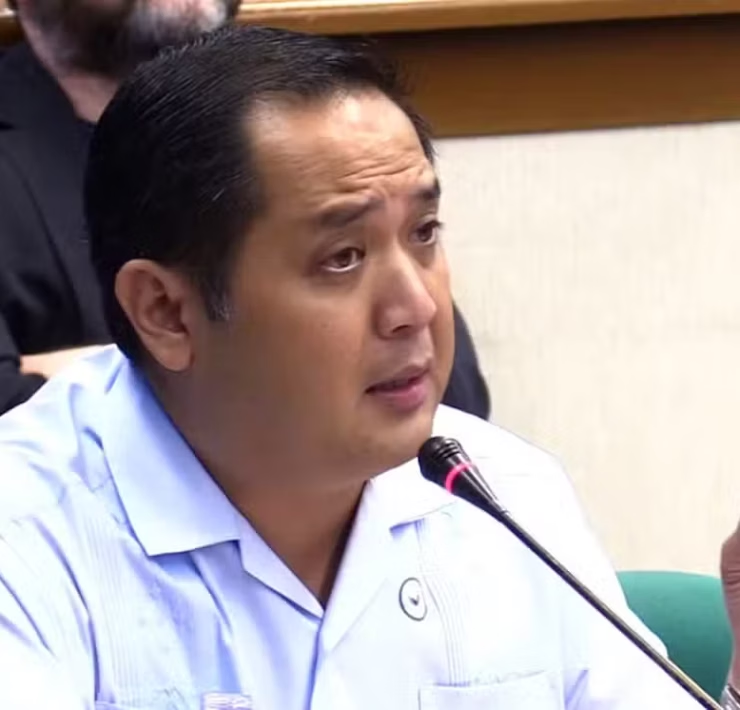Collective ‘ADD’ and corruption
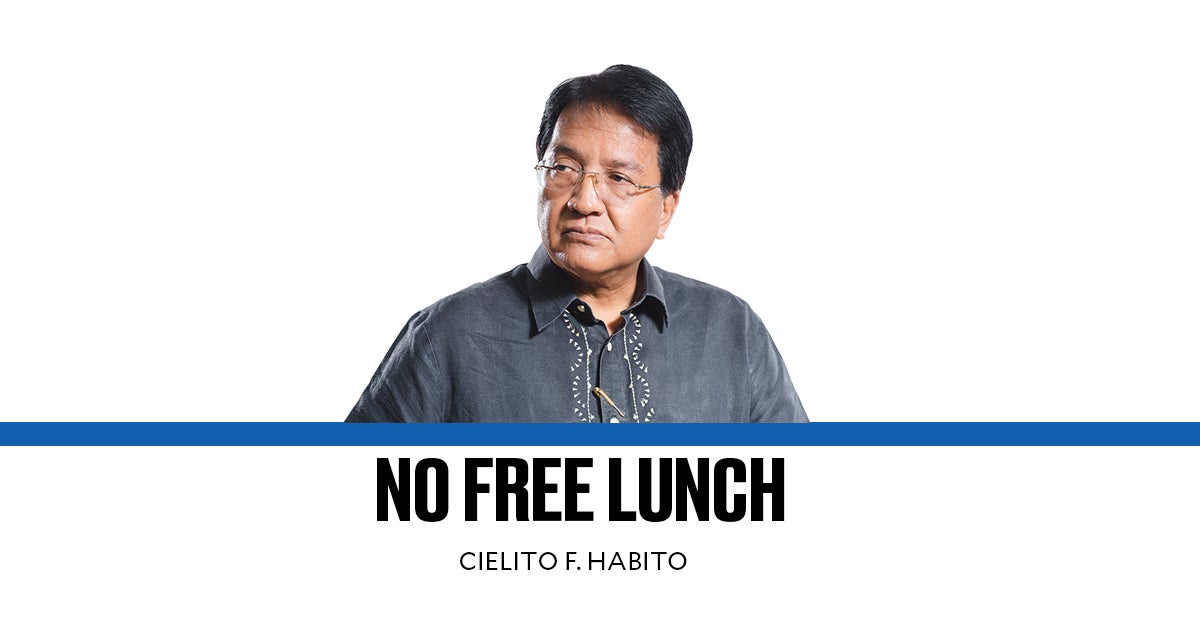
Will the Vice President still be held to account amid the damning evidence of her massive misuse of funds revealed in the 19th Congress? Where is Guo Hua Ping (alias Alice Guo) now? Are Pogos really gone? Is the P20 rice being scaled up even as the subsidy cost burdens the poor more, including rice farmers? Now, the “flavor of the month” in daily conversations, op-ed columns, and social media posts is massive and pervasive graft and corruption, particularly in flood control and public works projects. The cynic in me says give it a few more weeks, and it will, like other past hot issues, fade away from the public eye with no definitive resolution once people get tired of talking about it and a new “flavor of the month” issue emerges. Meanwhile, the thieving lawmakers, officials, and contractors may be privately counting on Filipinos’ time-tested collective attention deficit disorder (ADD) to eventually get off the hook, or at most get a slap on their Rolex-adorned wrists.
We can’t let this end up the same way again. I’m hoping our few government leaders whose sincerity we can count on (sadly, there aren’t enough) can put a stop to all the thievery that is pushing our country toward becoming a failed state. We, who dream of a much better country for our children and grandchildren, must help those leaders keep up the fight to bring the guilty to justice and rid the government of plunderers once and for all. Beyond the handwringing, our energies would perhaps be best spent plotting out exactly how to get there.
I’d start by identifying the most critical levers for bringing about the change we want to see. Countless studies, reform experiences elsewhere, and governance diagnostic reports point to three priority levers that need pushing: (1) budget reform for transparency and accountability, (2) public procurement and project implementation safeguards, and (3) campaign finance reform to cut the root of political corruption. There are more, like whistleblower protection and rewards, merit-based appointments to revenue or regulatory agencies, and improvements to the justice system for corruption cases, but space permits me to elaborate only on the three I consider topmost.
Clear reforms and changes are now being proposed for the first. The proposed opening of bicameral conference committee deliberations, especially on budget modifications, to public scrutiny via video broadcast coverage, is an important step. Sen. Panfilo Lacson’s proposal for clear attribution of budget insertions and realignments to lawmakers who introduce them, against the complete lack of transparency and accountability the current process provides, will likewise be a deterrent to misuse of allocated funds. Sen. Bam Aquino’s proposal to use blockchain technology to track the budget would further ensure such transparency. Not only will it permit public scrutiny of the budget, it will also ensure that it is accessible and open for citizen engagement.
Once budgets are in place, the next control point is procurement, which accounts for the bulk of government spending and project execution itself. Overpricing, ghost deliveries, rigged bidding, and collusion among contractors are the common sources of illicit income here. Classic examples from Commission on Audit reports include ghost farm inputs, overpriced medical supplies (as in the Pharmally scandal—are they in jail yet?), and spurious public works contracts, including the infamous ghost or substandard flood control projects. Recent revelations show supposedly competing bids by firms tracing back to the same owners. Key solutions include full digitization of procurement with open, real-time access to bidding data; civil society and media participation in the evaluation of bids and project monitoring; and blacklisting and criminal prosecution of colluding suppliers and multiple bidders with a single owner.
Politicians spend huge campaign sums to get elected, often beyond legal spending caps. The revelation that a prominent senator illegally received substantial campaign funds from a government contractor demands punitive action. Once elected, they together “recover investments,” and often far more, through corruption. The key measures needed include the imposition and strict enforcement of ceilings on donations and advertising; real-time digital disclosure of campaign contributions and spending; and public financing of campaigns, to curb dependence on donors with vested interests. The last could be limited to major political parties while limiting their number to avoid frivolous candidacies.
The above easily lend themselves to appropriate legislation and executive orders. It’s the political will to pursue them that has always been elusive. That political will can only come if we all collectively push and help our leaders to do it. This is no time for collective ADD.














